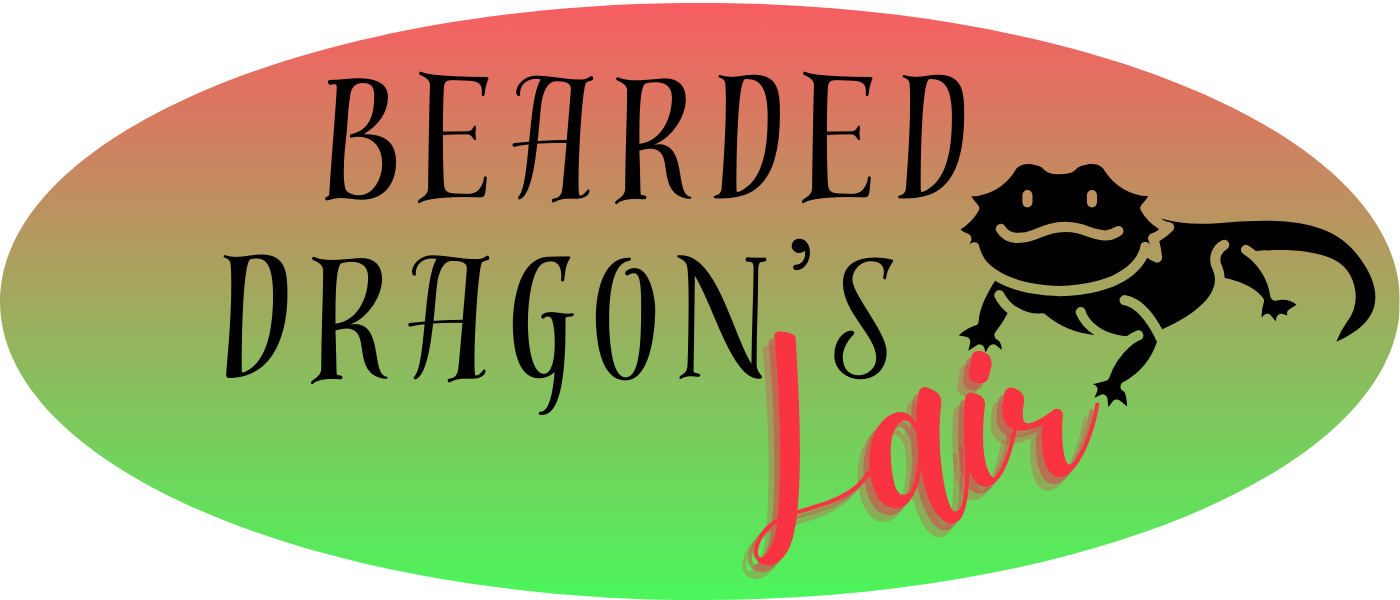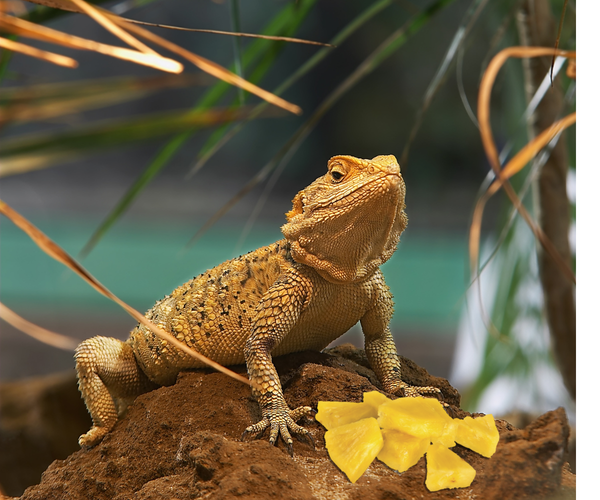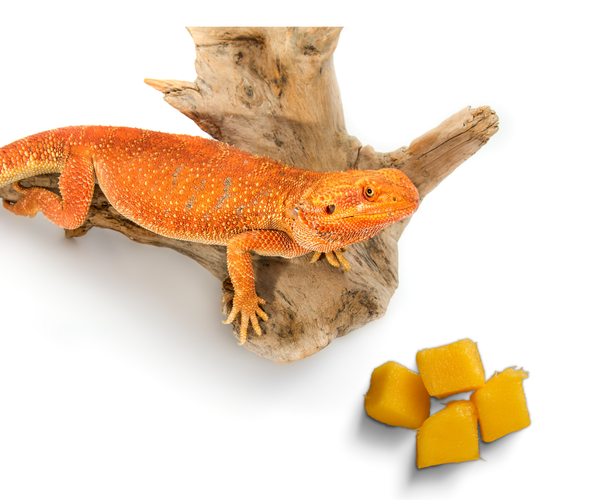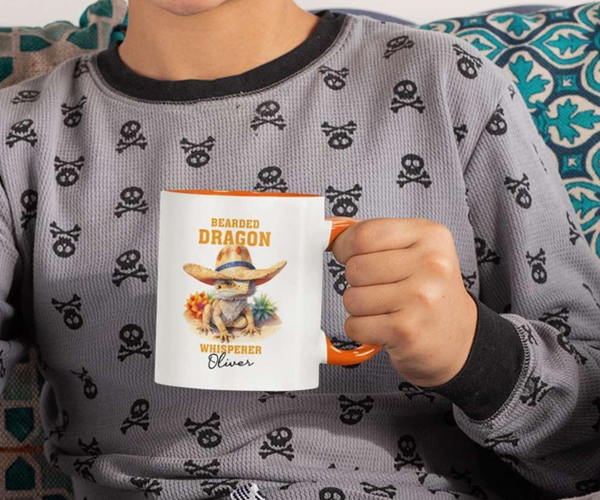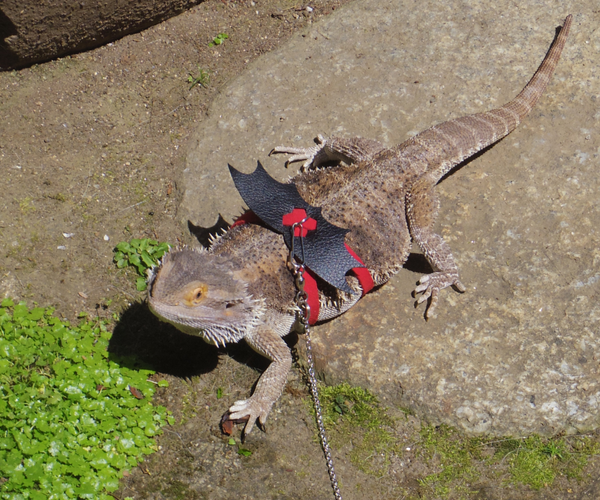Are Bearded Dragons Good Pets?
Bearded dragons make excellent pets for those willing to commit to their specific care requirements. They are generally docile, enjoy human interaction, and can live for many years with proper care.
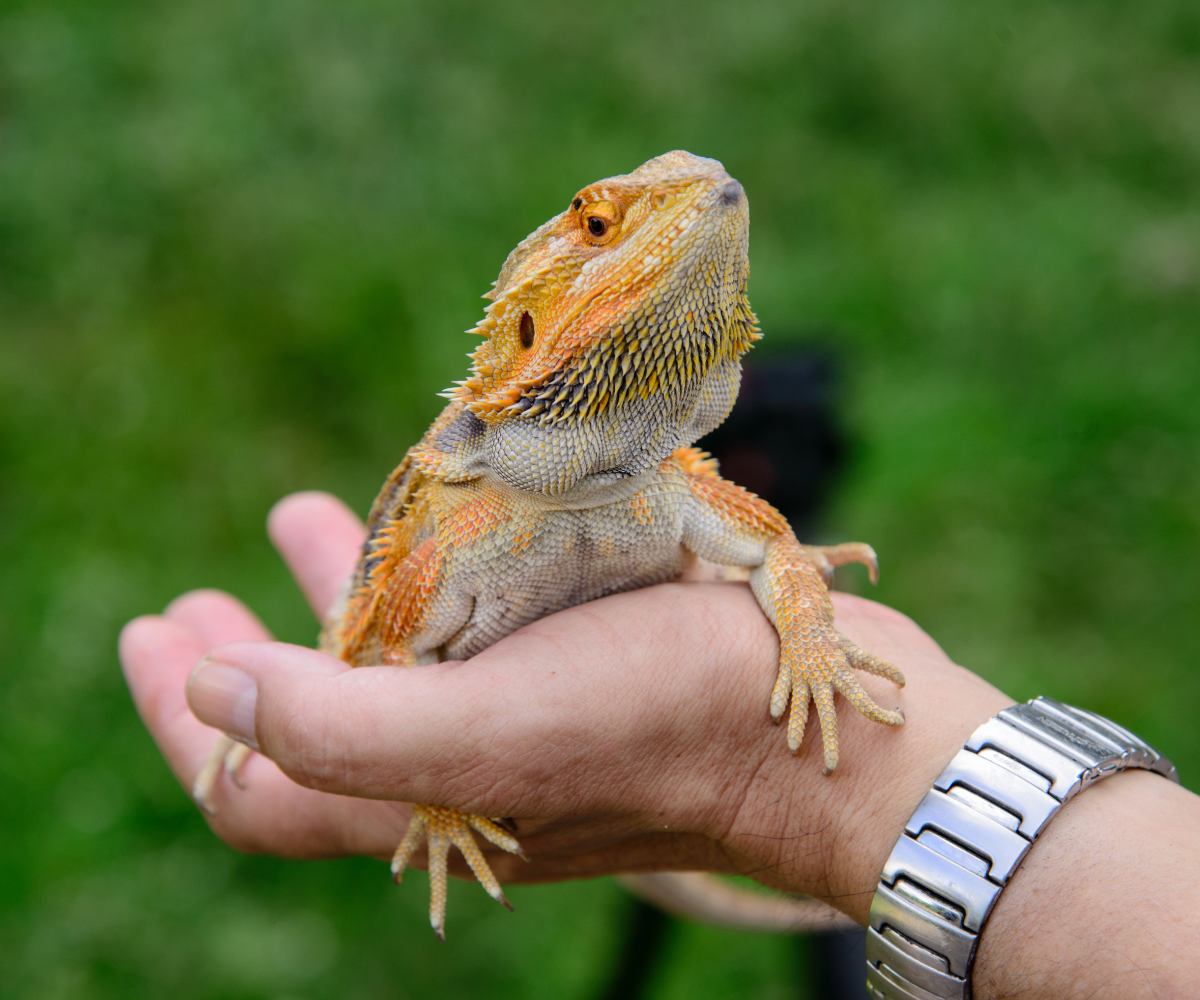
Bearded dragons are a popular choice for reptile enthusiasts and those looking for a pet that's a bit out of the ordinary. But are bearded dragons good pets? This comprehensive guide will delve into the world of bearded dragons, exploring their care requirements, temperament, and suitability as household companions.
Key Takeaways:
- Known for their docile temperament, bearded dragons make suitable pets for individuals and families with children.
- They require a specific habitat setup and diet to thrive, which can be a commitment in terms of time and resources.
- With proper care, bearded dragons can live up to 10-15 years, providing long-term companionship.
Understanding Bearded Dragons
Bearded dragons, or Pogona vitticeps, hail from the arid, desert regions of Australia. They've gained popularity in the pet trade due to their manageable size, generally docile nature, and expressive behaviors. The pet lizard can grow up to 24 inches long and have a distinctive "beard" under their throat, which can puff up and darken when they are stressed or trying to assert dominance.
Despite their exotic origins, bearded dragons have adapted well to life in captivity. They are often recommended for first-time reptile owners because of their relatively straightforward care requirements and their ability to form bonds with their human caretakers.
Habitat Requirements
Creating a suitable habitat is crucial for the health and happiness of a bearded dragon. They need a spacious terrarium – at least 40 gallons for an adult – with a gradient of temperatures ranging from 75-85°F on the cool end to 95-110°F in the basking area to mimic their natural habitat and help them regulate their body temperature. UVB lighting is also essential for their well-being, as it helps them synthesize vitamin D3, which is crucial for calcium absorption and overall health.
The terrarium should also have a variety of surfaces and hiding places like their natural environment and allow for climbing and exploration. Substrate, or bedding, is another important consideration; options like reptile carpet or ceramic tiles are often recommended for ease of cleaning and to reduce the risk of impaction from accidental ingestion of loose substrate.
Diet and Nutrition
Bearded dragons eat a mix of both plants and insects, which means they require a balanced diet of both plants and protein-rich foods. Young bearded dragons need more protein and should be fed a diet consisting of approximately 70% insects and 30% plant matter. Adults still eat both plants with fewer insects; around 70%, with the remaining 30% being insects.
Feeder insects like crickets, mealworms, and dubia roaches should be gut-loaded (fed nutritious foods) before being offered to your bearded dragon. Vegetables like collard greens, turnip greens, and butternut squash are excellent plant-based options. It's important to include these high fiber, fresh foods for proper digestion , but avoid foods that are high in oxalates and goitrogens, which can inhibit calcium absorption and thyroid function, respectively.
Health and Lifespan
With proper care, bearded dragons can live for 10-15 years. Regular veterinary care is important to monitor their health and address any issues early on. Common health problems include metabolic bone disease, caused by insufficient UVB light or dietary calcium; respiratory infections, often due to inadequate habitat temperatures; and impaction, resulting from the ingestion of substrate or oversized food items.
To prevent these issues, it's essential to maintain the correct habitat conditions, as similar as possible to their natural environment, provide a balanced and varied diet, and ensure your pet bearded dragon gets regular exercise and stimulation. Monitoring their behavior and physical condition will help you catch any potential health problems before they become serious.
Handling and Interaction
One of the reasons bearded dragons make good pets is their tolerance for handling. Beardies generally enjoy interacting with their humans and can be quite sociable. It's important to handle them gently and support their body fully, especially when they are young and more fragile.
Regular handling helps to socialize bearded dragons and can make them more comfortable with human interaction. However, it's crucial to wash your hands before and after handling to prevent the spread of bacteria, such as salmonella, which can be present in reptiles.
Breeding and Reproduction
Breeding bearded dragons can be a complex process and should only be undertaken by experienced owners who are prepared for the commitment. Females can lay multiple clutches of eggs per breeding season, and each clutch can contain up to 20 eggs. Incubation and rearing of the hatchlings require specific temperature and humidity conditions, as well as a considerable investment in time and resources.
If you're not interested in breeding, it's best to keep males and females separately to prevent unintended reproduction. It's also important to be aware of the signs of gravid (pregnant) females, as they will require additional care and a suitable place to lay their eggs.
Cost of Ownership
The initial purchase of a bearded dragon from pet stores will typically cost anywhere from $30-$60, or more for specific species of bearded dragons. Setup for a bearded dragon can be costly, with the terrarium/tank, lighting, heat lamps, heating pads, and accessories potentially running several hundred dollars. Ongoing costs include food, substrate, and veterinary care. It's important to factor these expenses into your decision to ensure you can provide for your bearded dragon throughout its life.
While bearded dragons are not the cheapest pets to keep, many owners find the investment worthwhile for the companionship and unique experience they offer. Planning and budgeting for these costs can help make bearded dragon ownership a more manageable and rewarding endeavor.
Legal Considerations
Before acquiring a bearded dragon, it's important to check local laws and regulations regarding reptile ownership. Some areas may have restrictions or require permits to keep exotic pets. Additionally, it's crucial to source your bearded dragon from a reputable breeder or rescue to ensure they have been obtained legally and ethically.
Illegal trade and improper breeding practices can contribute to conservation issues and may result in unhealthy or poorly socialized animals. By doing your research and purchasing responsibly, you can help support ethical breeding and conservation efforts.
Community and Support
The bearded dragon community is a valuable resource for new and experienced owners alike. Online forums, social media groups, and local reptile clubs can provide support, advice, and camaraderie. These communities can be especially helpful for troubleshooting care issues, sharing experiences, and learning more about these fascinating creatures.
Participating in the bearded dragon community can also enhance your enjoyment of pet ownership and provide opportunities to connect with others who share your interest. Whether you're seeking advice about your new pet, or looking to share with others who might enjoy watching your pet's latest antics, there's a place for you in the bearded dragon community.
Environmental Enrichment
Providing environmental enrichment is key to keeping your bearded dragon mentally and physically stimulated. This can include offering a variety of foods, changing up the layout of their habitat, and providing objects for climbing and exploring. Some owners even train their bearded dragons to perform simple tasks or navigate obstacle courses.
Enrichment helps prevent boredom and can encourage natural behaviors, such as foraging and hunting. It's an important aspect of care that can greatly enhance your bearded dragon's quality of life and strengthen your bond with your pet.
Summary
Bearded dragons make excellent pets for those willing to commit to their specific care requirements. They are generally docile, enjoy human interaction, and can live for many years with proper care. The initial and ongoing costs, as well as the need for a suitable habitat and diet, are important considerations for potential owners. By understanding and meeting these needs, you can ensure a happy and healthy life for your pet bearded dragon.
FAQ Section
Q: How often do bearded dragons need to eat? A: Juvenile bearded dragons should eat once or twice a day, while adult bearded dragon eat sonce every two days. The frequency can vary based on the individual dragon's needs and health.
Q: Do bearded dragons need a companion? A: Most bearded dragons are solitary by nature and do not require a companion. In fact, housing multiple bearded dragons together can lead to stress and aggression.
Q: Can bearded dragons recognize their owners? A: Yes, bearded dragons make a connection and can recognize their owners through consistent interaction and gentle handling. They can become accustomed to their owner's voice, appearance, and scent.
